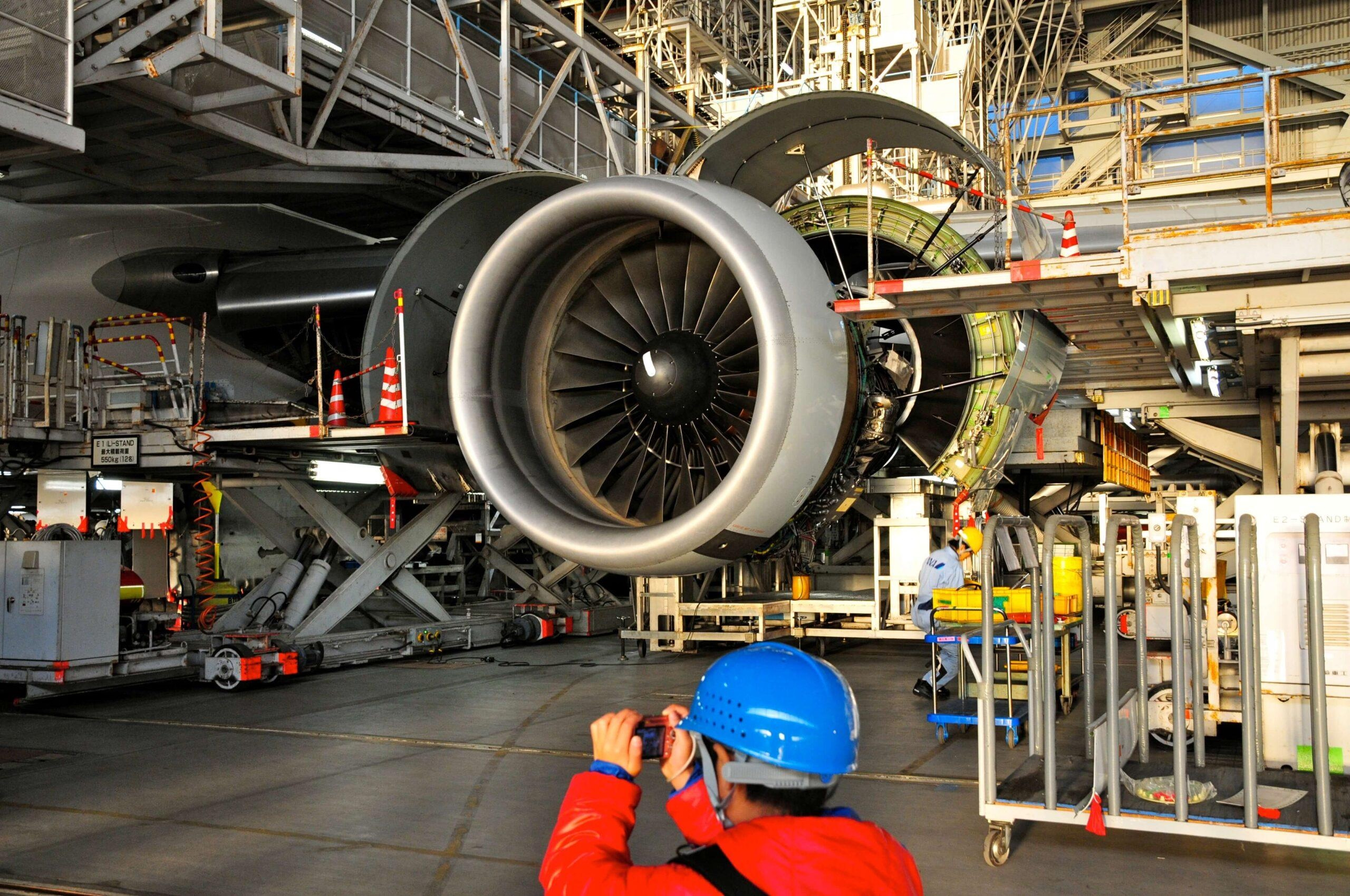AeroGenie — Your Intelligent Copilot.
Trending
Categories
FAA Proposes Inspections of PW2000 Engines for Metal Contamination

FAA Proposes Inspections for Pratt & Whitney PW2000 Engines Amid Metal Contamination Concerns
New Airworthiness Directive Targets Potential Nickel Powder Contamination
The United States Federal Aviation Administration (FAA) has announced plans to issue a new Airworthiness Directive (AD) addressing concerns over metal contamination in Pratt & Whitney PW2000 engines, which power Boeing 757 commercial aircraft and C-17 military transports. This directive follows the discovery of nickel powder contamination issues previously identified in Pratt & Whitney’s PW1000G engine family, raising concerns that similar manufacturing defects could affect the PW2000 series.
According to a Notice of Proposed Rulemaking (NPRM) published on May 23, the FAA intends to mandate inspections and, where necessary, replacement of specific high-pressure turbine (HPT) first-stage disks and turbine hubs. The directive will also require examination of certain HPT seal assemblies to detect potential metal cracks. The FAA emphasized the critical safety implications, warning that failure to address these defects could lead to uncontained disk failure, the release of high-energy debris, and consequent damage to both the engine and aircraft, with the risk of catastrophic loss.
RTX Corporation, the aerospace company overseeing Pratt & Whitney, has reassured operators that grounding of aircraft will not be necessary. An RTX spokesperson clarified that the proposed AD aligns with existing service bulletins and involves inspections of components originally supplied as spares. These inspections are scheduled to coincide with routine engine overhauls, and no new part life limitations will be imposed.
Financial and Operational Considerations
The FAA estimates that the cost of replacing a first-stage disk could reach approximately USD 730,850, with turbine hub replacement adding an estimated USD 500,850. Each replacement procedure is expected to require around ten working hours. The FAA is currently soliciting public comments on the proposed directive, with a deadline set for July 17, 2025.
Impact on Aircraft Operators and Fleet Composition
The PW2000 engine, introduced in the mid-1980s, remains in active service on both commercial and military aircraft. According to ch-aviation Commercial Aviation Aircraft Data, 195 commercial aircraft equipped with PW2000 engines are currently operational. Delta Air Lines is the largest commercial operator, maintaining a fleet of 100 Boeing 757-200s and 16 Boeing 757-300s powered by these engines. Other notable commercial operators include UPS Airlines and FedEx Express.
On the military side, the C-17 Globemaster III, powered by PW2000 engines, is operated primarily by the United States Air Force, the Indian Air Force, and the Royal Air Force. The FAA’s directive is expected to have significant implications for the maintenance and inspection protocols across these fleets, ensuring continued airworthiness and safety.

Factors Positioning Airbus for Leadership in 2026

Emirates Unveils Cabin Design for New Boeing 777X

Eighteen Years On, the Airbus A380 Remains Central to a $34 Billion Airline

How a boom in luxury airline seats is slowing down jet deliveries

Navitaire Outage Attributed to Planned Maintenance

Airbus Plans Record Delivery of 870 Aircraft in 2026

DigiYatra Debuts Outside Aviation at India AI Impact Summit

Vietnam Orders Strengthen Boeing’s Commercial Outlook

Airbus Signals Uncertainty Over Future A400M Orders

JobsOhio Awards $2 Million Grant to Hartzell Propeller for Innovation Center
